Monday Feb 16, 2026
Monday Feb 16, 2026
Friday, 6 August 2021 12:20 - - {{hitsCtrl.values.hits}}
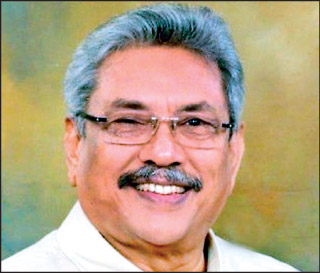
President Gotabaya Rajapaksa
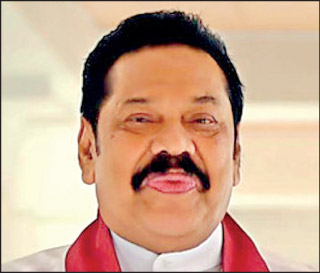
Prime Minister Mahinda Rajapaksa
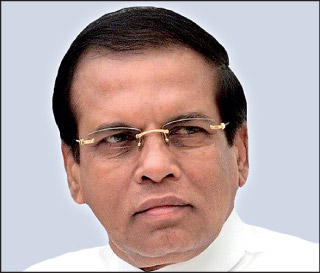
Former President Maithripala Sirisena
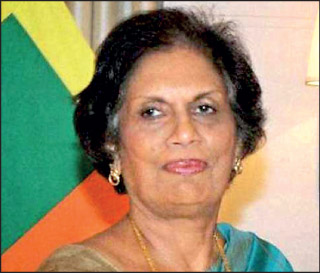
Former President Chandrika Kumaratunga
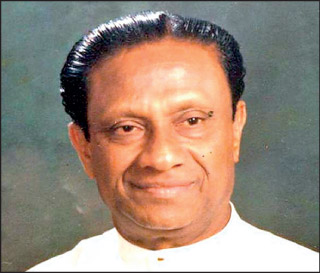
Former President R. Premadasa
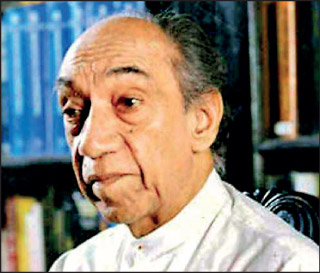
Former President J.R. Jayewardene
 In the political sense, Sri Lanka can be considered as a country where the most indecent and uncivilised things happen frequently which usually do not occur in a civilised country. This phenomenon also can be considered as an important factor among several other factors that have contributed to the bankruptcy and the failed status of Sri Lanka.
In the political sense, Sri Lanka can be considered as a country where the most indecent and uncivilised things happen frequently which usually do not occur in a civilised country. This phenomenon also can be considered as an important factor among several other factors that have contributed to the bankruptcy and the failed status of Sri Lanka.
Breaking the legal framework
The present Government has committed a terrible mistake which no civilised government should have committed. It has pursued a policy of acquitting a large number of key individuals, the supporters of the Government, from the cases filed against them.
Some of these cases were not the ones filed during the previous Yahapalana regime. Several of them constitute cases filed before that. Some cases can be considered as the ones that have been heard over a long period and the allegations have been virtually substantiated, and the proceedings nearing completion.
Surprisingly the Government’s plan to exempt its own people and supporters from lawsuits has not provoked opposition from the Attorney General. Apparently the Judiciary has adopted a policy of not objecting to this move. The Opposition political parties too have not demonstrated an adequate protest commensurate to the seriousness of the issue. Even the Bar Association has refrained from challenging the Government›s program strongly. 
With this program which is being pursued by the Government in respect to the cases filed or being heard against its supporters, it can be said that Sri Lanka has become a totally uncivilised state accompanied by a complete breakdown of the legal system and moral framework which is a serious matter directly related to the effectiveness of the rule of law and the independence of the Judiciary.
In this backdrop, the Government has no legal or moral right to prosecute and punish any person who has committed any offense, no matter how grave it is.
It is needless to emphasise the paramount importance the Judiciary enjoys in the national political structure of a country. The administration of justice in disputes arising between individuals, and the Government and individuals, is a primary responsibility of the Judiciary in a democratic political system.
Doesn’t the policy that has been adopted by the Judiciary of Sri Lanka in this case exhibit that it has no power or self-confidence to enforce the law when the Government makes mistakes?
According to Harold Laski, an eminent political theorist, the manner in which justice is delivered in a nation-state is an indicator of the civilised nature of that state. According to that indicator, Sri Lanka, our country can now be considered as an uncivilised country.
Indecent acts of Presidents
The stupid actions of the Yahapalana Government have also been causative in pushing the present Government to such an uncivilised situation.
Mahinda Rajapaksa cannot be considered as the only ruler who could be accused of corruption and violence. Prior to him, there had been numerous acts of corruption and violence committed during the regimes of J.R. Jayewardene, Premadasa and Chandrika also, though the scale of them may be different.
It is well known how J.R. Jayewardene during his tenure as the President acquired 50 acres of a fertile coconut land belonging to the Land Reforms Commission in exchange of a barren coconut land of the same extent that belonged to him.
President Premadasa, during his regime, converted the house at Kosgoda, where his parents lived, into a museum at the expense of the Government. Similarly, it was at the cost of the Government that J.R. Jayewardene also managed to retrieve the mansion of the Jayewardene family located in front of the Victoria Park, Colombo, which had been sold to the Chinese Embassy, from the Chinese government and later convert it into the ‘Jayewardene Centre’.
President Chandrika, upon her retirement from the post, with the approval of the Cabinet, acquired one-and-a-half acres of land adjoining the Parliament complex which had been developed at Government expense. Its estimated value was Rs. 360 million. I was compelled to institute legal action at the Court of Appeal (CA writ App no: 2074/2005) to prevent this filthy transaction. However, the case ended on the second day itself of its hearing when her lawyers informed the Court that she had decided to return the property to the State.
President Maithripala Sirisena also, with the approval of the Cabinet, acquired a valuable property at Paget Road, Colombo, which was renovated by merging two Government houses at a cost of Rs. 180 million, for his use with life interest following the end of his term of office.
 Constitutional fraud
Constitutional fraud
Digging into certain things that have taken place in this country reveals the constitutional frauds that can be considered as unforgivably horrific incidents.
How would you feel if you come to know that there had been instances where the Speaker of Parliament has certified a draft of an amendment which contained certain provisions included by the President at his discretion, as being passed by a two-thirds majority in Parliament, when in fact it was not so, and submitting it to the Judiciary for its approval?
Such a case is due to be taken up before the Court soon. The Fundamental Rights petition related to this constitutional fraud has been filed by Nagananda Kodithuwakku of the Sri Lanka Winiwida Peramuna (Sri Lanka Transparency Front).
On 12 December 1986, a 10-member Parliamentary Committee was appointed to review the ‘Parliamentary Elections and Electoral System’ on which the 14th Amendment to the Constitution, which is relevant to the appointment of members from the National List, was based. The Fundamental Rights petition also includes an affidavit by D.E.W. Gunasekera who had been a member of the above Parliamentary Committee.
E.L. Senanayake, the Speaker of Parliament at the time, instead of submitting the authentic draft of the Constitutional Amendment on the appointment of National List members, passed by Parliament, had certified a different draft adapted to suit the interests of President Jayewardene and sent it as the one that was passed by the Parliament, to the Judiciary.
A copy of a letter addressed to G.P.de S. Silva, the then Chief Justice, by President Jayewardene influencing the former has also been produced with the petition. Examination of the documents quoted in this petition amply reveals that the President Jayewardene and Speaker E.L Senanayake have committed a heinous fraud in adopting the 14th Amendment to the Constitution.
This reflects that Sri Lanka has become a State which is inclined to cheat even in the field of constitution making. How can Sri Lanka change this ugly image?